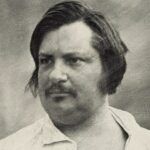
Books by Honoré de Balzac
Honoré de Balzac (1799 – 1850) was a French novelist. Balzac is know for his complex multi-dimensional characters. This might explain why his books have been included in such a diverse selection of subjects (from bankruptcy to Tintin) by Five Books experts.
“Balzac does cruelty really, really, really well.” Rachel Kushner.
“Cousin Bette is a story designed to show you just how awful people are. And, my God, they’re awful! It is one of the most sombre visions of human corruption and perversion, self-indulgence and evil.” David Bellos on the Greatest French Novels.
“There are a lot of Balzac novels but César Birotteau is the only one I know of that directly addresses our topic. Birotteau is everything you might want in a bourgeois hero: vain and puffed up and almost absurdly proud of his success in the perfume game. Then he gets swept up in what we can call ‘the speculative mania.’ Balzac seems to appreciate him with a kind of wry but affectionate irony. I have known bankruptcy lawyers who think of their clients in pretty much the same way.” Read more...
John Ayer, Lawyer
“Hergé was not a huge literary man. He liked books but he didn’t spend his time reading. Cinema and art were more his things. But he did love Balzac. He read a book in the fifties which was an academic analysis of the use of characters in Balzac’s novels, and how recurring characters gave a structure to the sequence of Balzac’s books which was part of its appeal. This made a deep impression on Hergé because he realised he had already started doing this when he introduced Tintin’s arch-villain – Moriarty.” Read more...
Michael Farr, Literary Scholar
“It’s a very impressive novel and stunningly modern as well. It also has to do with the origins of colonial exploitation – the story of the money is the story of Algeria actually. Balzac had an intuitive understanding of where corruption was to be found, where what was going on was really dirty. And he really pulled out all the stops to give us this portrait of a society that was rotten to the core.” Read more...
David Bellos, Biographer
Interviews where books by Honoré de Balzac were recommended
The Best 19th-Century Books
The 19th century was a golden age for books, with the flourishing of great realist novels, as well as epic adventure stories and what would turn out to be distinct genres, including sci-fi, horror, and mystery. It was also an important time for the history of ideas, with the publication of key books that would change the world, and how we view it, forever.
The Greatest French Novels, recommended by David Bellos
Booker Prize-winning translator David Bellos says Les Misérables is the greatest novel of all time. When it came out, “it was an event bigger than the launch of Titanic and Avatar put together.” He picks the five greatest French novels.
The best books on Tintin, recommended by Michael Farr
The adventures of Tintin are some of the bestselling books of all time, translated from French into languages across the globe, and still in bookshops nearly a century since they first started being published. Their stories, their humour, their characters continue to delight. Here, Tintinologist Michael Farr explains why the Tintin books have such enduring appeal and how their creator, Hergé, came to write them.
-

1
Debt: The First 5000 Years
by David Graeber -

2
The Rise and Fall of Cesar Birotteau
by Honoré de Balzac -

3
Capitalizing on Crisis: The Political Origins of the Rise of Finance
by Greta Krippner -

4
The Two-Income Trap
by Elizabeth Warren and Amelia Tyagi -

5
Other People's Houses: How Decades of Bailouts, Captive Regulators, and Toxic Bankers Made Home Mortgages a Thrilling Business
by Jennifer Taub
The best books on Bankruptcy, recommended by John Ayer
The best books on Bankruptcy, recommended by John Ayer
Like the perfume seller in Balzac’s Human Comedy, many people still fear the moral stigma of bankruptcy. But while modern bankruptcy laws allow people to walk away from their debts, they do not address the underlying issues that can all too easily leave hardworking people in dire financial straits. Jack Ayer, emeritus professor and former bankruptcy judge, recommends his top bankruptcy books.
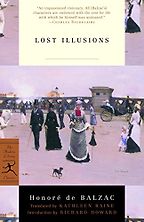
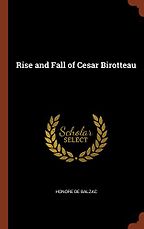
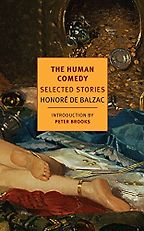
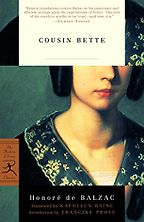
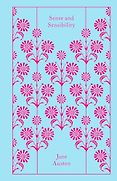

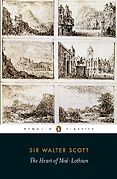
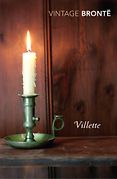
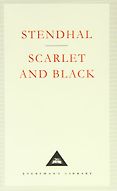
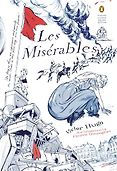

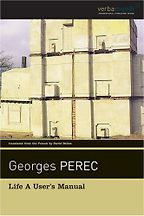
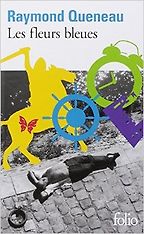
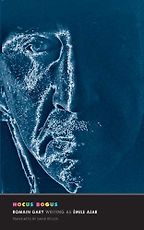
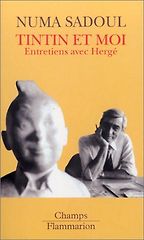
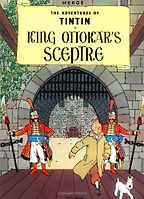
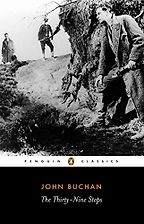
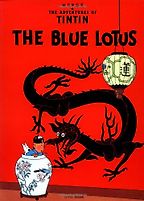
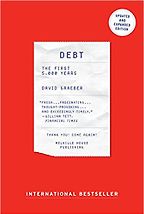
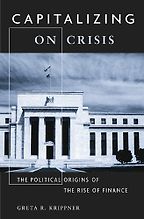
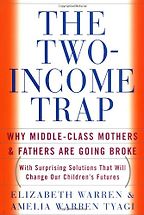
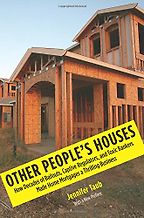
Rachel Kushner on Books That Influenced Her